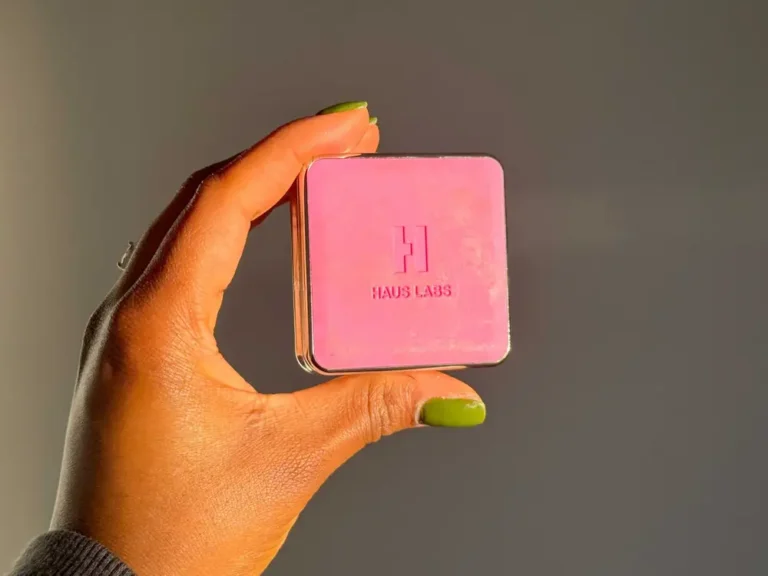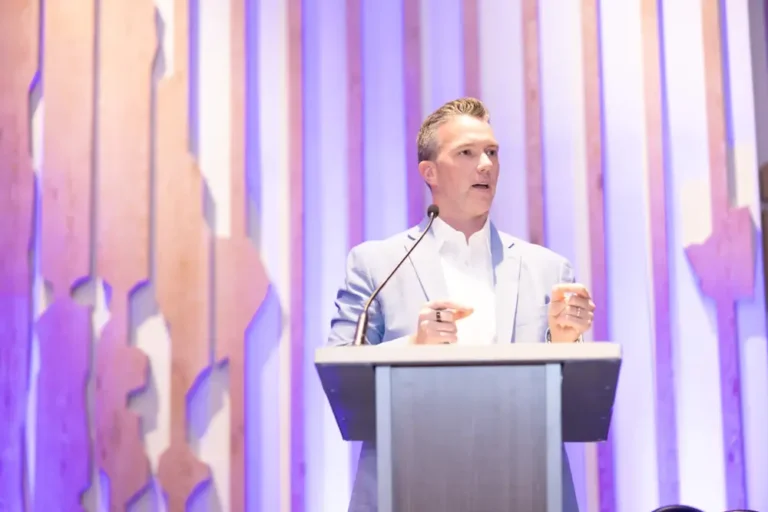4 investors share the strategies they’re using to earn passive income and build wealth while they sleep
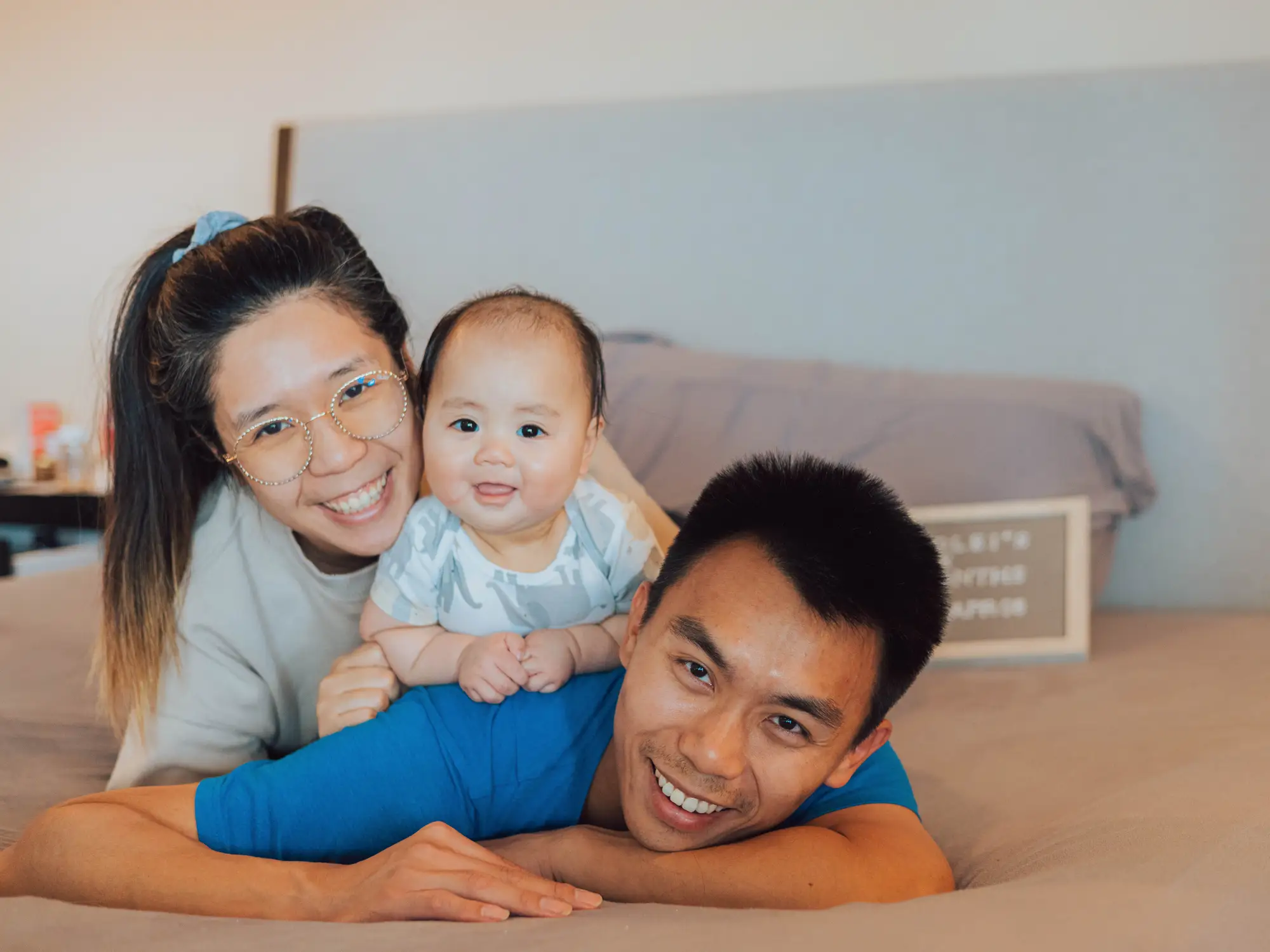
Airbnb investor Kent He and his family.
Building a side hustle or working a part-time job is a great way to increase your income — but it can be time consuming.
You’re actively earning.
Whereas, with passive income, the idea is you do upfront work and then the gig pays you while you sleep. Or, at least, it pays you for working minimal hours.
B-17 has spoken with individuals and couples who have built passive income streams that are helping them build wealth without having to put in a ton of hours.
Erika and Kareem Hall invested in 2 franchises and regularly profit 5-figures per month
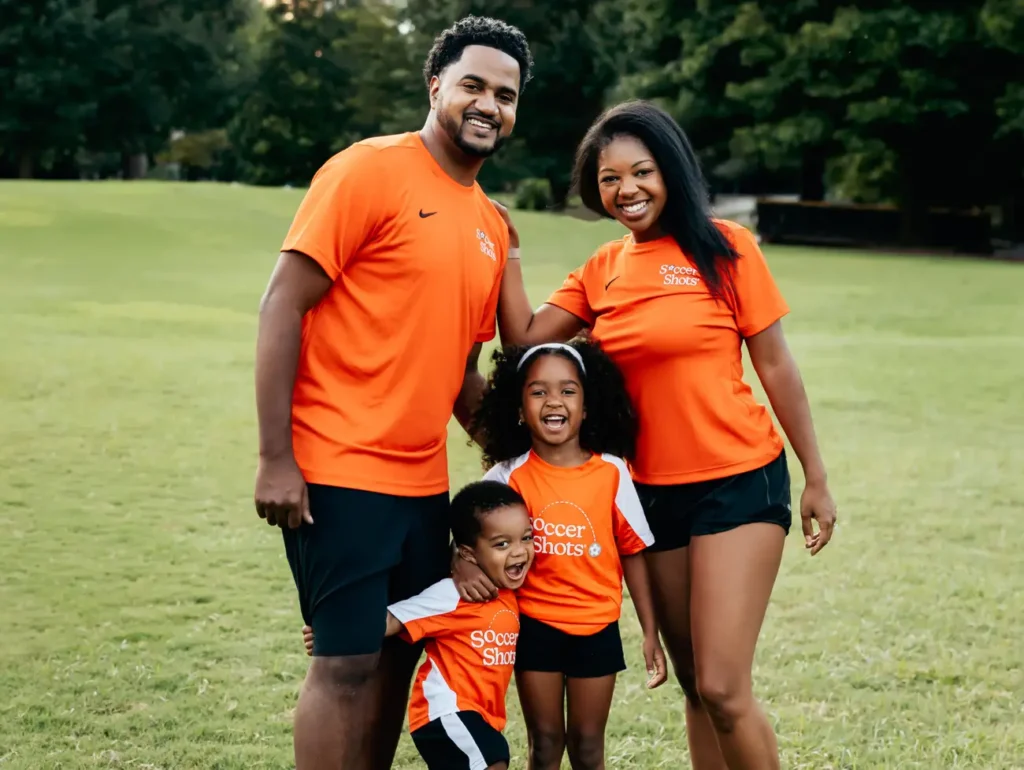
Kareem and Erika Hall own two Soccer Shots franchises in Georgia.
Between their two Soccer Shots franchises, Erika and Kareem Hall have done more than $1 million in revenue since buying their first one in 2018, according to profit-loss statements viewed by us.
They’ve done six-figures in revenue in a single month and regularly profit five-figures per month.
They both work full-time — Erika is an associate professor at Emory University’s business school, while Kareem runs his own consulting firm — and spend one to two hours a week on average working on Soccer Shots.
“I 100% think that it can be a lucrative passive income stream,” Erika said of investing in a franchise. “The benefit of it is that there is a blueprint. People have already done this. There are all the resources and the templates. Whereas, if you’re doing a start-up, you have to create all of that on your own.”
The key to making it passive is selecting a franchise that allows you to be an executive owner, which is when you own the company but employ someone else to manage it.
An owner-operated model, on the other hand, functions as its name suggests, placing you at the center of running the business, explained Erika: “That would have been us actually managing the company and taking a salary from it. Right now, we pay somebody a salary to run it for us and then we take whatever profits we make after that. If we were operating it ourselves we would have to leave our jobs or have that as a second job and take a salary from it.”
Kent He spends 2-3 hours per week running an Airbnb business
Airbnb investing started out as a side hustle for Kent He. But after purchasing two investment properties in Scottsdale, Arizona and turning them into bachelorette-themed Airbnbs, he started generating enough cash flow to cover his family’s expenses and quit his day job to go all-in on real estate.
Today, he’s a full-time real estate investor but spends just two to three hours a week on short-term rental business.
That’s because “most everything is automated,” he told us.
Airbnb investing does require a lot of upfront time and money. He spent a lot of time understanding his market and what type of guest typically visits.
He used a software tool called PriceLabs to pull a dataset of the top 200 Airbnb listings in Scottsdale. He then went to the reviews of the top listings and searched for keywords like “family” and “bachelorette.”
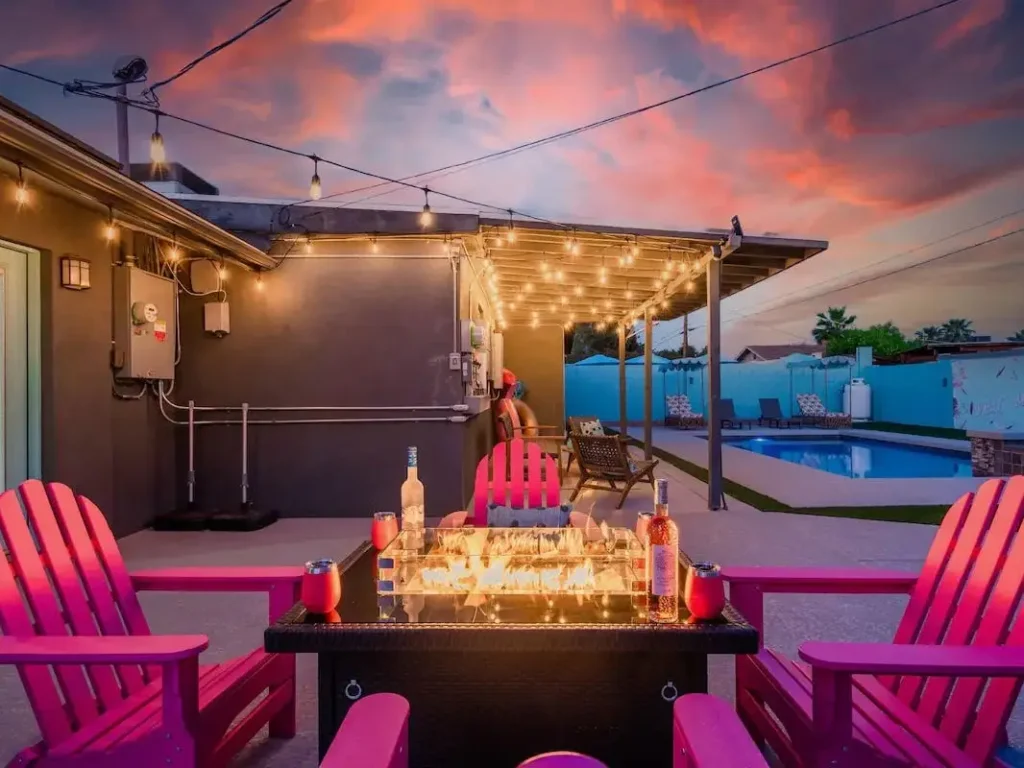
“About 40% of the reviews for the top 200 listings mentioned the words ‘bachelorette’ or ‘girls trip,'” he said. “That’s how we found an outsized opportunity in the market.”
From there, he designed a bachelorette-themed space outfitted with a “beauty bar” with individual vanity mirrors, a Peloton bike, wall murals, and backyard games like cornhole. He also put together a digital guidebook complete with detailed information about the property, amenities, and the local recommendations.
He credits much of his success on Airbnb to understanding his guests and their needs.
“If you can help them plan their trip out a little bit better, it takes a lot of stress off the coordinator — and usually that coordinator is the person that’s going to be leaving your review,” said He. “So any way that you can understand the stresses in their life and reduce that stress, I think it comes out as a win.”
Liz Wilcox brought in five figures from her subscription business while off the grid for 5 weeks

Entrepreneur Liz Wilcox competed on Season 46 of Survivor.
When Liz Wilcox committed to competing on “Survivor,” it meant stepping away from her business for more than a month.
“They take away your phone the second you go to LAX,” said Wilcox, who was a contestant on Season 46, which premiered in early 2024. “For five weeks, I didn’t have a phone, a laptop, no connection to the outside world. And it was like, ‘Well, if the business burns down, I’m gone. It burns down.’ But it didn’t burn down.”
In fact, it still generated revenue. During the three months around the filming of Survivor in 2023 — including the five weeks when she was completely out of pocket — she brought in $99,000 from her email marketing business.
A membership or subscription model that allows you to create recurring revenue is “the ticket for passive income,” said Wilcox, who charges $9 a month for her coaching service and has 4,500 members as of June 2024. That comes out to about $40,000 a month in just subscription revenue.
Creating a course or content requires a lot of energy on the front end, but once it’s done, you could theoretically distribute and make money from your digital product for the rest of your life.
Her subscription includes newsletter templates, live Q&As, and a library of trainings. Besides the monthly Q&As, most of the content she provides has already been created and just requires periodic maintenance. She estimates that she works about 10 hours a month.
Wilcox’s low pricing model and strategy of offering “bite-sized chunks” of content also contribute to her business’s passivity.
“Everyone talks about passive income, but they keep growing. They say, ‘I’ll add this, and I’ll raise the price. I’ll do this, and I’ll raise the price.’ But to me, I never want to raise the price,” she said. “It’s a very low-responsibility type of membership, which lends itself to be able to be passive.”

